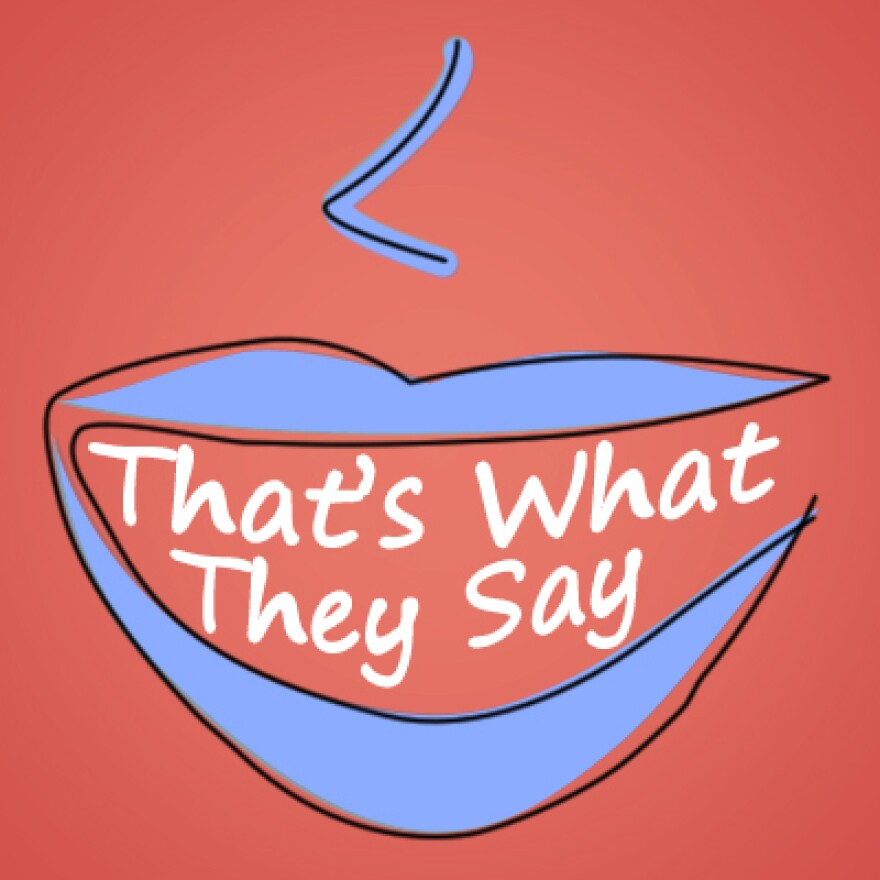When you say the word controversial, do you say “controver-shall?”
Do you say “frustra-shun” for frustration, or “shtreet” for street?
If so, you’re not alone. But what the h is going on with those pronunciations? Is this a Michigan thing?
Those are the questions a listener posed for us today, and our own University of Michigan English Professor Anne Curzan is ready to help us sound out an answer. But in order to do that, we’ll have to take a close look at the mechanics of how we say what we say.
“I first became aware of this when I was teacher of phonology,” says Curzan. “I was teaching the sound system, and I always ask students to transcribe words.”
She asked them to pay close attention not to the spelling of the word, but to how they said it. That’s when some of her students noticed that they added a “shuh” before the “t” in “street,” making the pronunciation “shtreet.” Curzan was intrigued.
After some digging, she found a few studies that described a phenomenon which linguists call “palatalization.”
“This is a sound change,” says Curzan. “And it can be caused by vowels like ‘e’ or ‘u’ or the sound ‘ya’ when it’s near a consonant. What’s happening is that we change the place our tongue is when we make a sound.”
In the case of street, it’s the location of the tongue when we make the “s” noise that changes “street” into “shtreet.”
According to Curzan, when we normally say the “s” sound, the tip of our tongue touches what’s called the alveolar ridge, a section of our mouth that’s just behind our top row of teeth. On the other hand, when we make the sound “shuh,” our tongue moves closer to the hard palate that is just behind the ridge. This, says Curzan, is palatalization: “when part of the tongue moves back toward the hard palate so that a ‘suh’ becomes a ‘shuh.’”
But is this truly a Michigan thing? Curzan says that it doesn’t seem to be, nor does it seem to be confined to the U.S. “There’s evidence for it in New Zealand, Jamaica, North Carolina.”
If you happen to say “shtreet,”don’t worry. You have plenty of company. According to Curzan, some scholars have linked palatalization with President Richard Nixon, North Carolina Sen. Jesse Helms, and even NPR’s own analyst, Cokie Roberts. And that, as Michigan Radio’s Rina Miller says, is just “schwell.”



